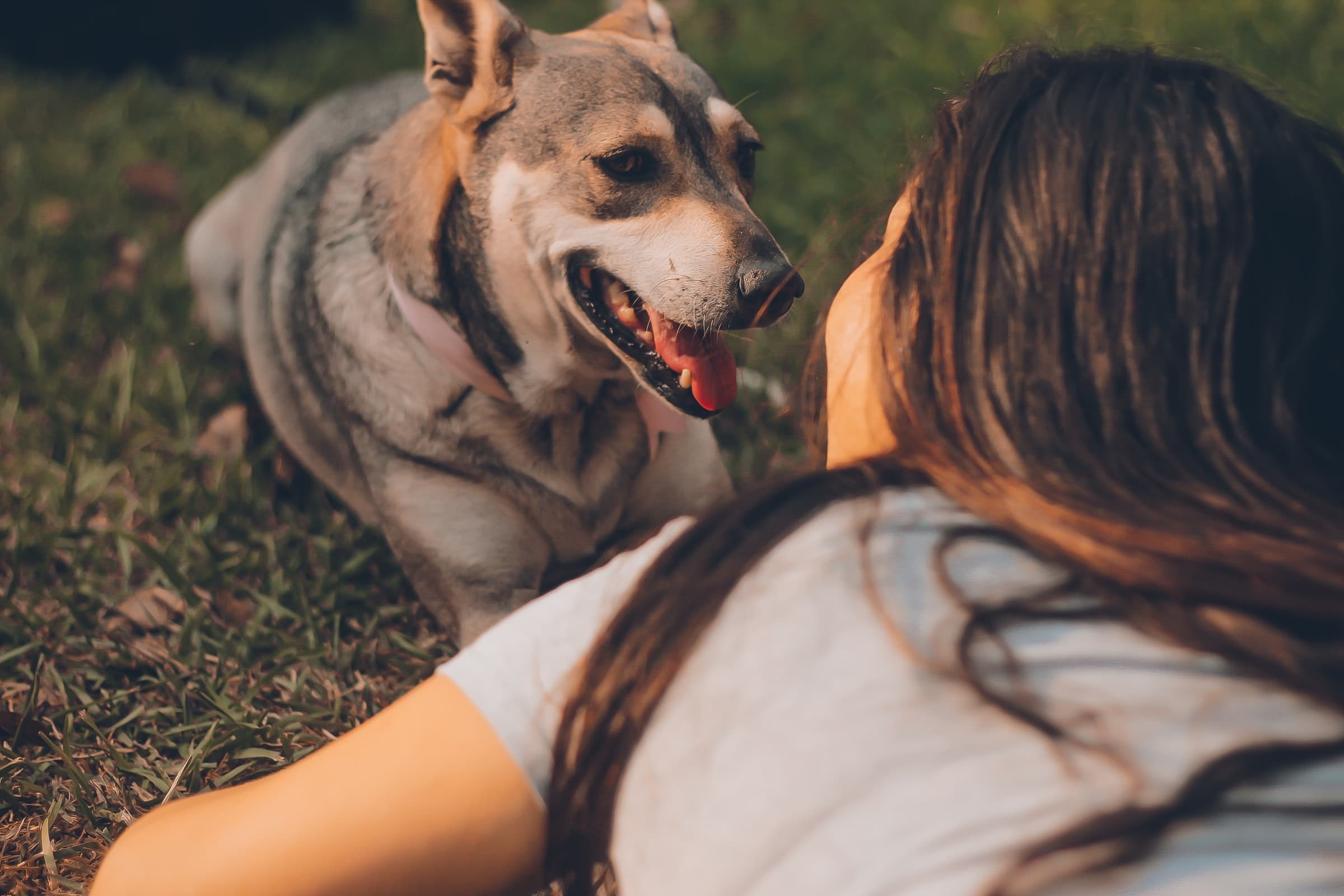Vaccinations for dogs
Vaccinations play a crucial role in protecting dogs from a range of potentially life-threatening diseases. Just like in humans, vaccines help strengthen your dog’s immune system, preparing it to fight off infections before they can take hold. Whether you’re a new pet parent or have had dogs for years, understanding the basics of dog vaccinations is essential to keeping your furry friend healthy and safe.
Why Vaccinate Your Dog?
Vaccinating your dog helps:
Prevent serious illnesses such as parvovirus, distemper, and rabies
Limit the spread of contagious diseases within dog communities
Meet legal requirements in certain countries (e.g., mandatory rabies vaccination)
Ensure safe interaction with other pets and people
Vaccination is a proactive step — it protects not only your dog but also public health and the wider pet population.
Core vs. Non-Core Vaccines
Vaccines for dogs are typically divided into two categories:
Core Vaccines
These are recommended for all dogs, regardless of lifestyle or location, because they protect against the most severe and widespread diseases. Core vaccines typically include:Canine distemper
Parvovirus
Adenovirus (hepatitis)
Rabies
Non-Core Vaccines
These are recommended based on your dog’s individual risk factors, such as environment, travel, or social habits. Non-core vaccines may include:Leptospirosis
Bordetella (kennel cough)
Lyme disease
Canine influenza
Your veterinarian will help determine which non-core vaccines are relevant for your dog based on your region and lifestyle.
Typical Vaccination Schedule
While schedules can vary slightly between countries and veterinary guidelines, a typical vaccination plan might look like this:
Puppy Vaccinations
First dose: 6–8 weeks old
Booster shots every 3–4 weeks until 16 weeks of age
Rabies: usually around 12–16 weeks (depending on local law)
Adult Dog Vaccinations
Booster one year after the puppy series
Core vaccines: every 1–3 years, depending on the vaccine type and your vet's advice
Non-core vaccines: given annually or as needed
Are Vaccinations Safe for Dogs?
Yes — vaccines are generally very safe. Side effects, if any, are usually mild and temporary, such as:
Slight fatigue
Mild fever
Swelling at the injection site
Serious reactions are extremely rare but should be reported to your vet immediately if they occur.
A Lifelong Commitment
Vaccinations are not just for puppies — they are a lifelong part of your dog’s wellness plan. Regular vet visits and keeping up with booster shots ensure that your dog remains protected as they grow older.
Talk to Your Vet
Every dog is unique, and vaccination needs can vary depending on your location, your dog’s age, health, and lifestyle. Always consult your veterinarian to create a personalized vaccination plan for your pet.






